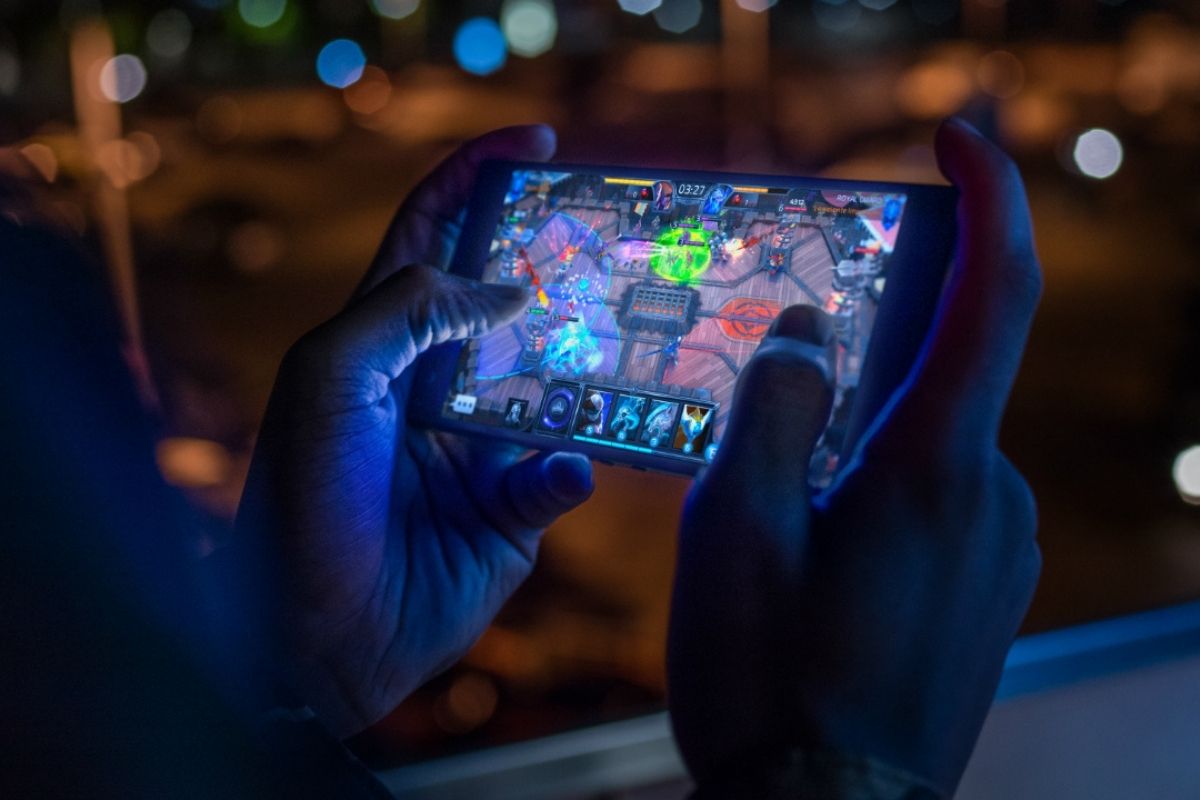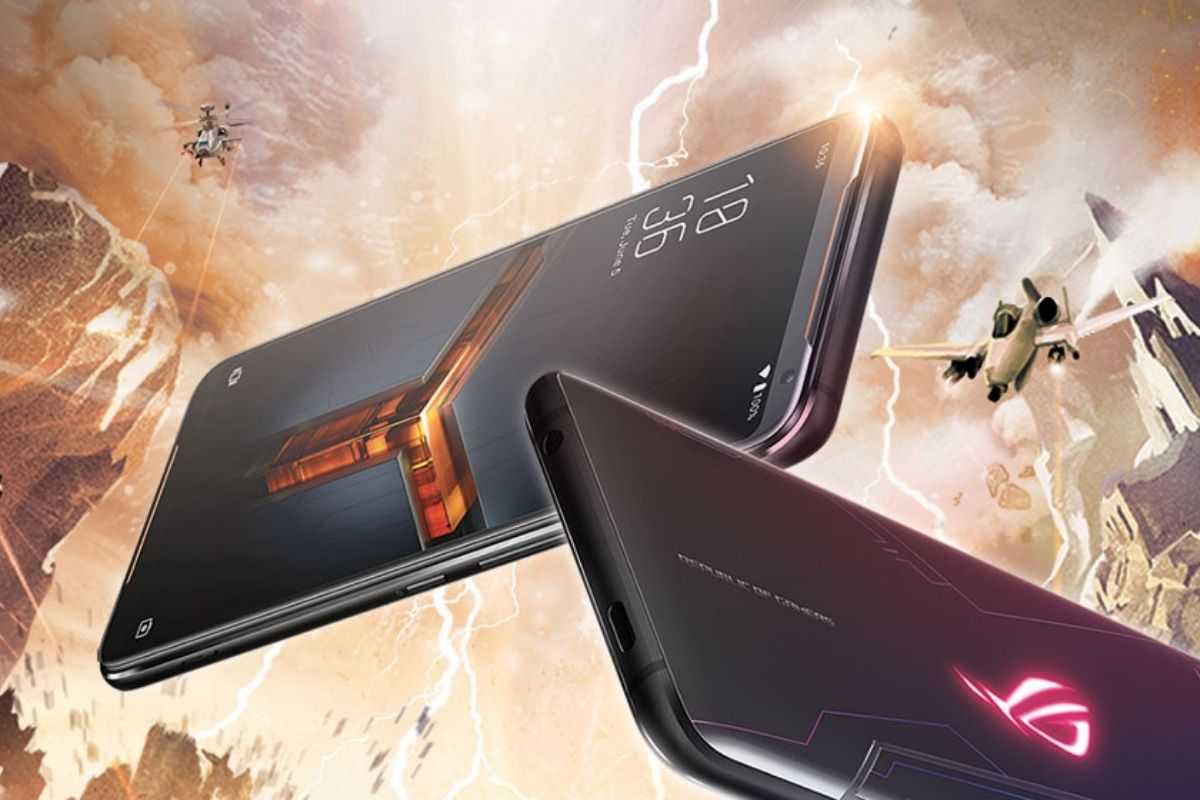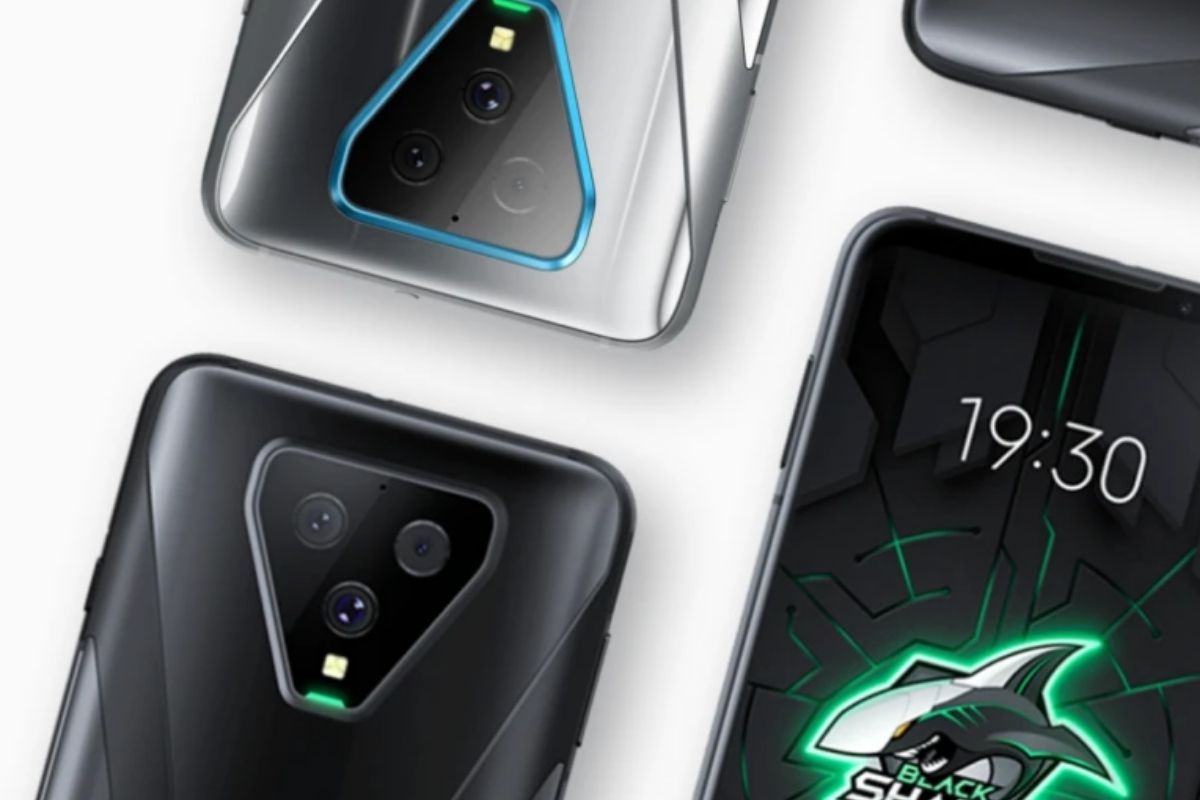
Gaming phones have become increasingly common in recent months, with Asus leading the charge in India when it comes to gaming phones. There are certain alternatives, such as Blackshark from Xiaomi, which also provide gaming phones that take the fight to the ROG series of devices.
Now, most users know what a gaming phone is. But, the question that they struggle with is whether or not they, as regular consumers, should splurge the extra amount charged for gaming phones given their moderate to light usage. If you too were wondering about this, worry not, as we will discuss the same in this article.
Should You Buy A Gaming Phone

The basic concept of a gaming phone is to go above and beyond in key areas such as the display and performance, be it via hardware or by software. Most companies opt to make use of the best processor and graphics chip on offer and couple it with features embedded in the software to maximise this performance.
What these specifications translate to is the ultimate performance, be it for menial tasks or heavy gaming. That being said, gaming is not the only thing a person does on their mobile phone, so that gives rise to the question of whether or not a gaming phone can be used by a regular consumer, the answer to which is indicated best by listing out the pros and cons of a gaming phone, from the things it gets right to those that it fails at.
What Does A Gaming Phone Get Right

The presence of high tier specifications guarantees peak levels of performance in certain scenarios wherein a decent device might struggle. This is one of the best things when it comes to gaming phones. Certain other pros include the presence of a good display, especially since most gaming phones including panels with high refresh rate panels.
What a 120Hz or 144Hz display guarantees is speedy performance and no lags at all. Most offerings in 2021 pack in at least a 120Hz refresh rate panel, which is more than adequate, even for a gaming enthusiast. Scrolling through Twitter or whilst playing intense games, the difference is extremely substantial.
The next best thing with a gaming phone is the number of ports on offer. Most gaming phones offer multiple ports for use cases in relation to gaming, be it from an SD card slot which has become an increasing rarity to, at times, two USB ports so that you can plug your accessories in whilst charging the phone at the same. Modular controllers and peripherals can also be connected fairly easily.
Certain devices also come with fans that can be plugged in to reduce overall heating, but 9 times out of 10, these are gimmicks rather than useful tools.
For users who like flashy devices, a gaming phone will make you feel right at home. They offer unique designs with lots of cuts and curves and logos that are everything but minimal. The Asus ROG II features copper panels to the back that look like vents, but, in reality, they are just artificial grilles.
Most gaming phones also feature RGB lighting to the back and the sides, especially on the logo present on the device, with a feature that allows the logo to keep glowing at all times when the device is switched on. The colour scheme for these RGB areas can be edited to the liking of the user.
Do Gaming Phones Have Any Negatives?

Yes, the first of these issues or compromises come in terms of weight. To provide the best of hardware and all these accessories and I/O ports, most gaming phones are as thick as a slab. To ensure streamlined gaming, most gaming devices feature massive batteries, which should be listed as a pro, but due to the brick-like feel that accompanies a gaming device, they are dropped to cons.
The second and more important issue with the devices is in terms of cameras. A rational consumer would care for the cameras as they are one of the most integral parts of a device, but, in a bid to focus more on the display and performance, the cameras are often looked over, with minimal tuning and poor hardware.
So, should you buy a gaming phone? The simple answer, No. A Gaming phone retails for over $500, and that is just the base price for these devices, often going up to $1000 or more. They do offer a plethora of features, but out of those, only a few will be fully utilised by the regular user. If you feel like gaming, you could take a look at handheld consoles from Nintendo or just splurge on a console that will last a couple of years at a similar rate.















